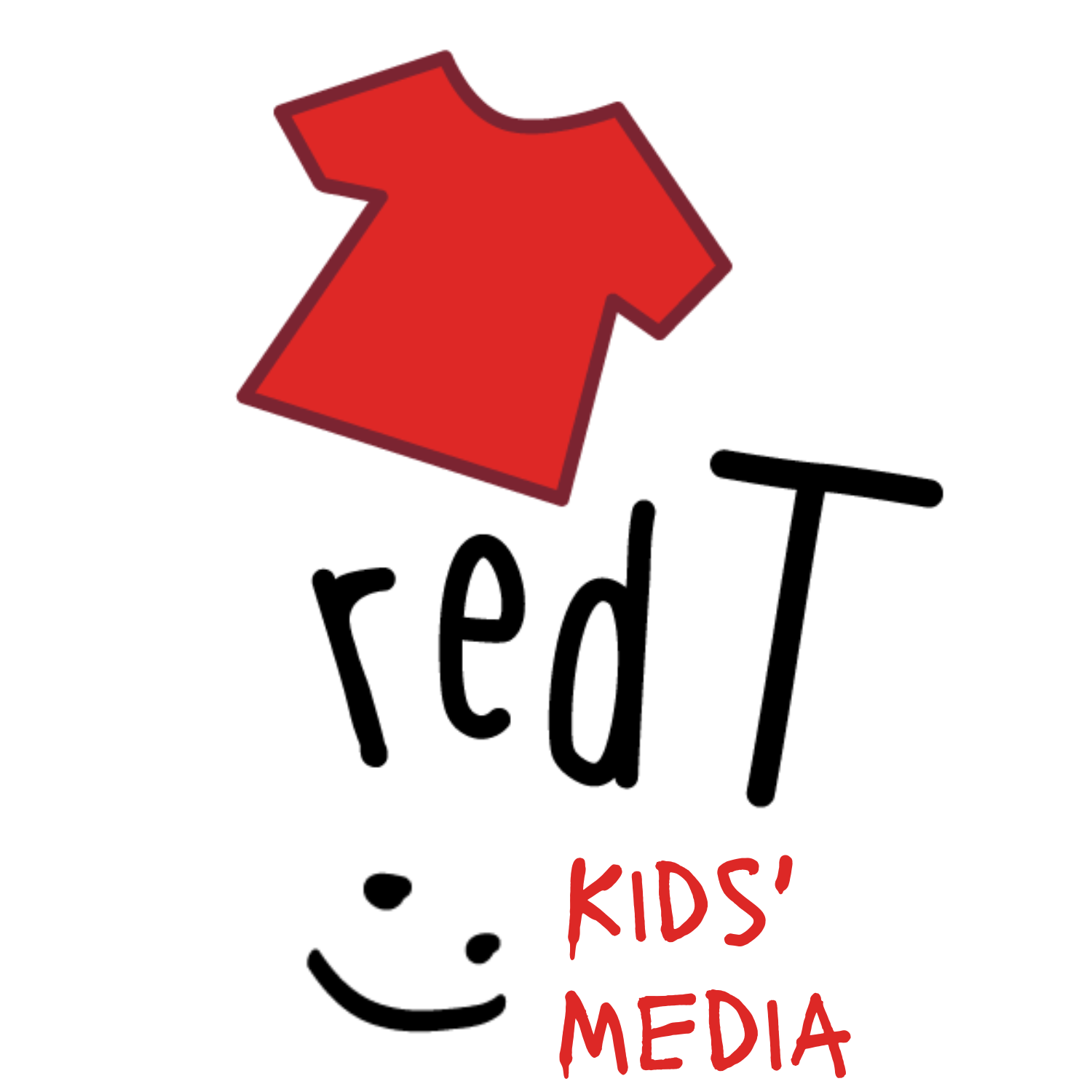Life’s Not Fair, But It Does Bring Some Amazing Big Questions.
Even very young thinkers have big questions about fairness. It really doesn’t take long for little humans to realize that we don’t always get what we want (or what we need), and that the reasons behind this disparity aren’t always clear. Long before we can say words like “justice” out loud to others, they’re rolling around in our heads and colouring our everyday activities.
Instead of simply telling a child “Life’s not fair”, why not start a dialogue, and encourage some critical thinking? Here are some ways in:
Sports of all kinds (especially the competitive ones) present a great opportunity to discuss fairness. Ask questions about who is included, how teams are picked, who makes the rules, and when exceptions and accommodations are needed. Imagine what it would be like if the rules were changed, and if you’ve got the time and space, put this to the test by actually playing together.
Family game night can also take a philosophical turn! Discuss the rules of your favourites, rewrite them, and then test them out. Get creative and make up your own games, maybe even the most/least fair game they can think of.
How about deciding who eats that last piece of pizza? How do divide up a box of donut holes? Sharing a meal is a great opportunity to chat about fairness, and if your child is globally-minded, you can explore the ways that food and other resources are shared on a bigger scale.
What about fairness at school? Is it different than fairness at home or in activities? If you were to design your own school, how would you make it as fair as possible?
If you’ve animals in the house, imagine how non-humans see fairness. Does your dog or cat see it the same way you do? How can you tell? Is there a way to be fair to plants too?
When something isn’t fair, what’s the best way to fix it? Are there ever times when it’s okay for things to be a little unfair? Can everyone agree on what’s fair, or does it change from person to person and time to time?
In all of these discussions, it’s important to encourage your child to think beyond their own circumstances. Exploring fairness means considering those less fortunate, those who are vulnerable, those with limitations and challenges, and those who have been and continue to be marginalized.
As parents and teachers, we can’t really ensure that every situation our children find themselves in will be fair, but we can have some really amazing conversations about what fairness is, and with any luck, we can come up with strategies for making things a little more fair. Like many big questions, those surrounding fairness have strong emotional components, and at the very least, it’s useful for children to explore their own feelings about it.



